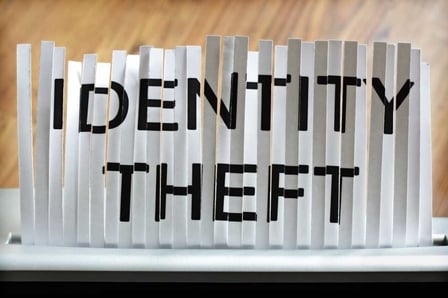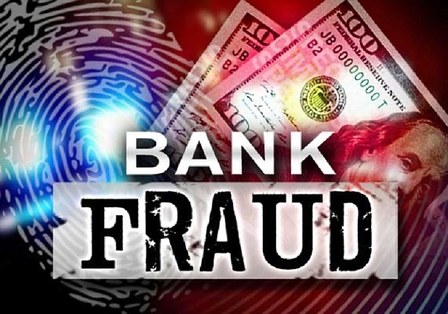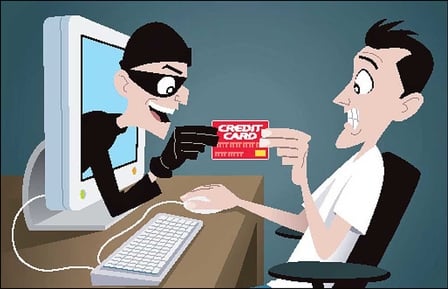The Survey Per Se
A survey conducted by big-data company FICO finds Americans are more worried about identity theft and banking fraud than being a victim of terrorism. In terms of percentages, the survey finds 44% of consumers have identity theft and banking fraud as their biggest concerns, more than double the surveyed group who listed being the victim of a terrorist attack. This group made up 18% of the group. A slightly higher percentage, 22% of those surveyed put their death or the death of a loved one as their most important worry.

Related findings say that 86% were afraid having their Social Security number stolen followed by 76% who most fear unauthorized access of their banking info and 58% were concerned about their credit-card information. Of least concern were medical records and biometric data at 15% and 17%, respectively.
Possible Interpretation #1
One thing there seems to no shortage of these days are surveys, especially since the internet makes them extremely easy to conduct at little or no cost. Of course, with those surveys comes data and the inevitable interpretation.

On the FICO survey, Bob Shiflet vice president of FICO’s fraud business line reflects, “Human beings hate to lose. The survey confirms the psychology of loss aversion, especially when it comes to money and the likelihood of an event happening to us. The loss of your personal information or money from your account cuts deep, it is a violation, and people now know it’s much more likely to happen to them.”
Possible Interpretation #2
Surveys like this one are not necessarily of the moment, meaning they are not a measure of a person’s concerns and/or reactions when actually in the situation in question. Here the survey finds Americans are more concerned about having their identity and/or financial data stolen than being injured or killed in an act of terrorism.

Of all the participants in this survey, probably there were a few or very small percentages that were identity-theft and/or bank fraud victims. Not indicated is if any were victims in a terrorist attack. We could logically assume that the majority of all the participants were reacting to hypothetical situations. Psychologically, their concerns were accurate based on what scared them the most if it actually happened, which most likely it did not.
Okay one, survey says Americans fear identity theft and banking fraud more than terrorism. But theoretically and in reality, cyberattacks that steal reams of personal financial data are considered acts of terrorism, cyber terrorism to be exact, and in many cases are carried out by? You guessed it, terrorists, cyberterrorists to be exact.
Okay two, survey says Americans fear identity theft and banking fraud more than terrorism. Let’s create a hypothetical situation involving any one or all of the survey participants. A person is standing hands up while another person is removing his or her wallet from a back pocket. Said wallet contains that person’s Social Security card, a balance statement from their bank with all account numbers, and several Diamond and Platinum MasterCard and Visa credit cards. This all goes on while another person, a very nervous person to be exact, is holding a rather large gun to the head of the person with his or her hands in the air.

Now what do you think this person is more concerned about at this moment, the wallet containing his or her personal and financial data being stolen or the person with the shaky hands holding a gun to his or her head?
The Real Deal
No matter how you interpret this survey or how you think you would respond, identity theft and terrorism are both rather unpleasant, downright nasty at best. They both have their similarities and differences. Similarly, whether you are a victim of identity theft and/or bank fraud or a terrorist attack, either one can cost you and arm and a leg. They differ in that if you are just a victim of identity theft and/or bank fraud, you’ll have the arm to pick up the phone to call the police and banks and the legs to carry you to court when you may testify against the alleged thieves. Of course, you could read more about the survey. ~MD